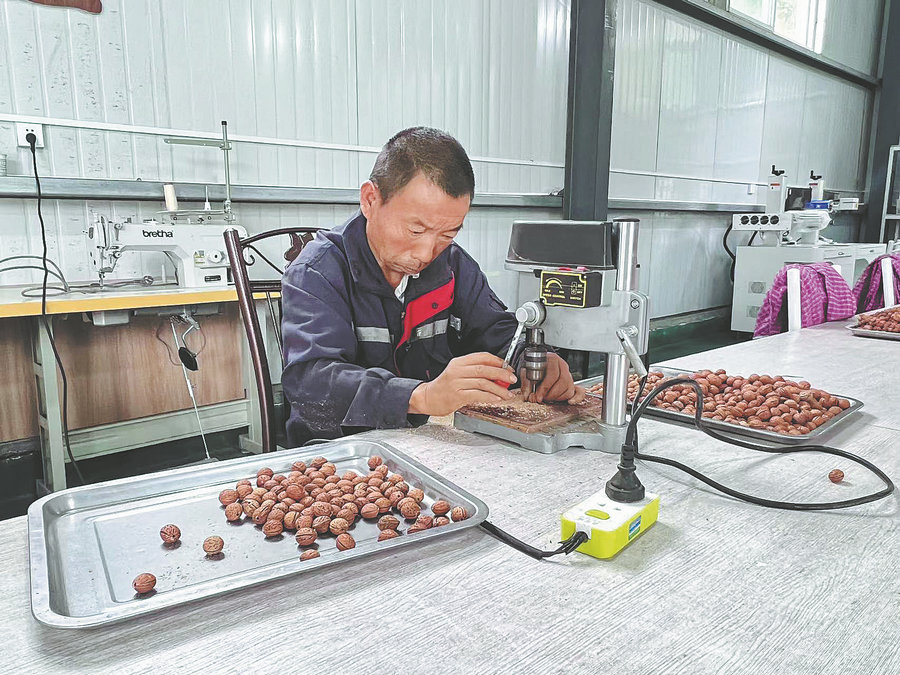Products of their environment


Cui Zhanfeng has witnessed significant changes in the development of the sector since 2017, when he quit his well-paid city job and returned to Liulin to start up a mushroom growing business.
"The village has vigorously developed the mushroom industry for poverty alleviation," Cui says.
"The planting scale has been expanded through the transfer of land use rights, improving facilities, and inviting experts and professors for training and guidance."
To date, the mushroom industry has created more than 60 job opportunities for locals, raising their annual income from about 7,000 yuan ($974) to 12,000 yuan, according to Lu.
Lu has also managed to put the village's mushrooms on the map by having media outlets and online celebrities promote their charms at local plantations.
Liulin's mushroom industry also spilled over into neighboring villages in Miaowan town, and, altogether, they produce 6 million kilograms of mushrooms a year, with some making their way to overseas market, including South Korea and the United States.
"Our life is getting better on the strength of the mushroom industry," Cui says.
To find more ways of increasing village income, local authorities have also focused on promoting wild peach pit craftsmanship.
Every spring, peach trees that are spread over the mountain are the first to blossom. After six months of growth, the fruits fall to the ground and villagers pick them up and leave them to dry for up to three months. The pits of these peaches are used to make handicrafts of various shapes and sizes.
Zuo Linbin took the bold step of launching a peach pit-processing business back in 2016 and has enjoyed the taste of success.
"People placed orders online and offline," Zuo says.
























